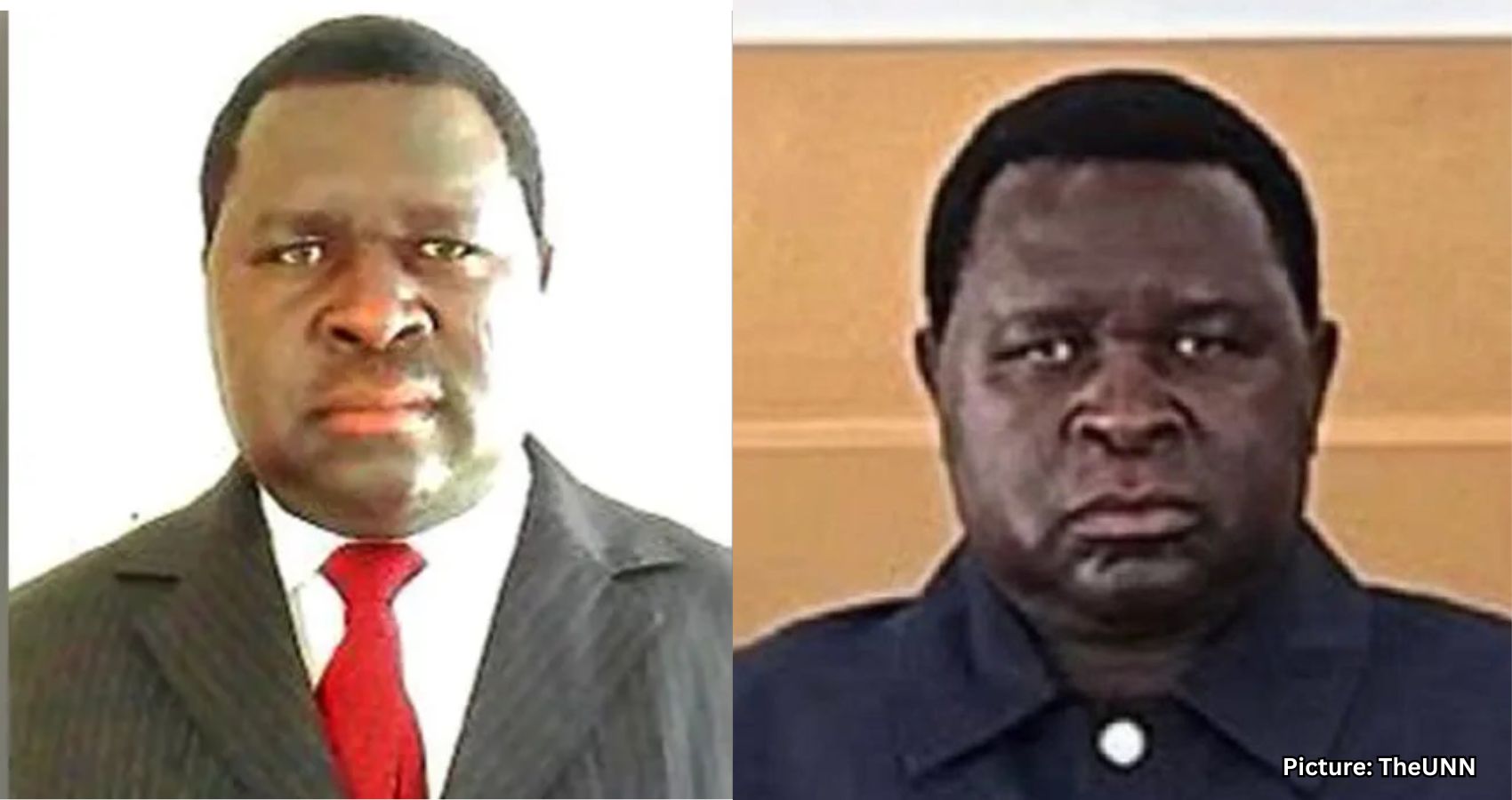Namibian politician Adolf Hitler Uunona, named after the infamous dictator, seeks re-election in regional elections, asserting that his name carries no ideological significance.
A local politician in Namibia, Adolf Hitler Uunona, is poised to retain his council seat in the upcoming regional elections, attracting international attention due to his controversial name. Uunona, a longtime member of Namibia’s ruling SWAPO party, is campaigning in the Ompundja constituency located in the northern Oshana region.
While final election results have yet to be announced, several international news outlets project that Uunona will win by a significant margin, consistent with his performance in previous elections. SWAPO, which has governed Namibia since the country gained independence in 1990, has transitioned from its socialist roots to adopt a more centrist, market-oriented approach to governance.
The name “Adolf Hitler” was given to Uunona by his father, who, according to Uunona, did not fully grasp the historical implications associated with it. In an interview with the German outlet Bild, Uunona reflected on his childhood, stating, “It was a perfectly normal name for me when I was a kid. It wasn’t until I grew older that I realized this man wanted to subjugate the whole world and killed millions of Jews.”
Uunona emphasized that his name does not reflect any political ideology and insisted that he has never held extremist beliefs. “The fact I have this name does not mean I want to conquer Oshana,” he remarked, noting that he generally goes by Adolf Uunona in his daily life.
Namibia was a German colony from 1884 to 1915, and the influence of this colonial past is still evident, with Germanic names and place names remaining prevalent in certain communities. Historians point out that this legacy can lead to unusual name combinations that may seem jarring by contemporary standards, yet they do not carry any inherent ideological significance.
According to official data from the Oshana regional government, the Ompundja constituency has a population of 4,659 residents, encompasses 19 administrative centers, and covers an area of 466 square kilometers.
As Uunona campaigns for re-election, his unique name continues to spark discussions about Namibia’s colonial history and the complexities of identity in a post-colonial context. His case serves as a reminder of how historical legacies can shape personal identities in unexpected ways.
Source: Original article

